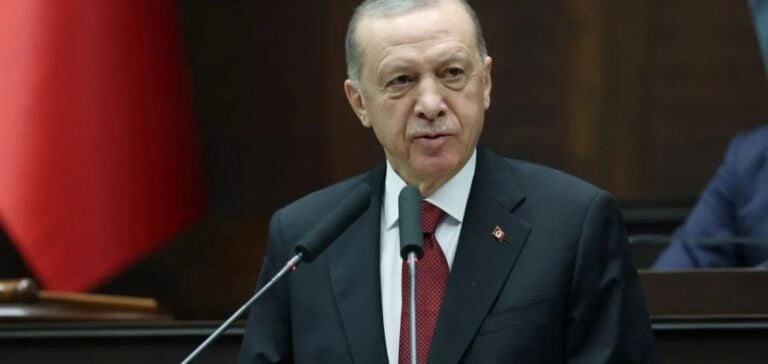Turkey is implementing a major reform in its energy sector by planning the partial privatization of several strategic public companies. The initial public offerings (IPOs) of TEİAŞ (Electricity Transmission), EÜAŞ (Electricity Generation), BOTAŞ (Natural Gas Network), and TPAO (Oil and Gas Exploration and Production) mark a significant step in modernizing these entities. The primary goal is to diversify funding sources and attract foreign investments while allowing citizens to participate in these strategic projects.
Strategic and Economic Context
Faced with a growing energy demand, Turkey aims to strengthen its energy infrastructure while meeting requirements for transparency and efficiency. These IPOs are part of a broader strategy of partial privatization, intended to make the companies more competitive while attracting capital for large-scale projects.
The country’s geographical position as an energy corridor between Europe and Asia underscores the importance of these investments. The funds raised could be allocated to improving infrastructures, integrating renewable energy, and securing supply chains.
Overview of the Companies Involved
TEİAŞ, the electricity transmission network operator, plays a central role in energy transport across the country. An IPO could enable the modernization of its network, which is critical to meeting increasing demand and integrating more renewable energy.
EÜAŞ, Turkey’s primary electricity producer, operates a diverse installed capacity, including thermal, hydroelectric, and renewable plants. Funds from the IPO could finance modernization and expansion projects, contributing to enhanced energy security.
BOTAŞ, the natural gas network operator, is a key player in ensuring the country’s energy supply. The IPO would provide opportunities to diversify supply sources and develop strategic infrastructures, including liquefied natural gas (LNG) terminals.
TPAO, responsible for oil and gas exploration and production, plays a strategic role in reducing Turkey’s energy dependence. Funds raised could finance ambitious exploration projects, particularly in the Eastern Mediterranean, where recent discoveries open new opportunities.
Implications for Investors
The IPOs of Turkish public energy companies represent a rare opportunity for investors to acquire stakes in strategic assets. These entities, at the core of the national energy policy, play a structural role in the country’s economic development. However, investors must consider associated risks, including energy price volatility, currency fluctuations, and the regional geopolitical context. A thorough analysis of financial and operational perspectives will be essential to evaluate opportunities and challenges.






















